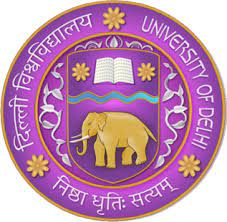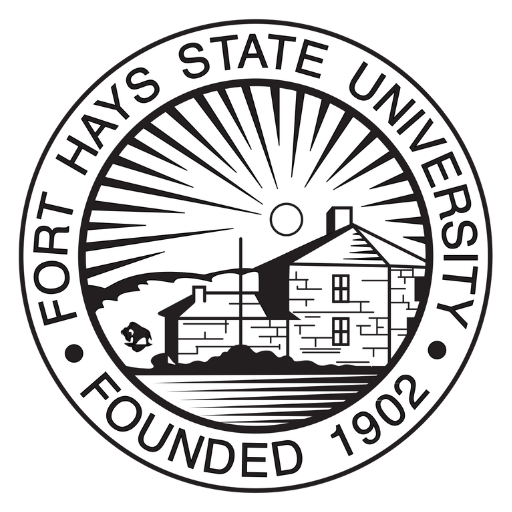📖Program Curriculum
The first semester you will study chemistry courses which provide you with the theoretical and experimental skills needed for the subsequent semesters. Some of these courses are common to other specialisations in the Master Programme in Chemistry. In the very first course, you will meet many of the professors in the different fields of chemistry giving seminars about the current trends in their respective research fields. The semester ends with a profile course in theoretical and computational chemistry.
During the second semester, you will take courses in different areas of physical, theoretical and computational chemistry.You will learn about photochemistry as well as catalysis together with students taking the specialisation of Chemistry for Renewable Energy and Physical Chemistry. These are areas related to research in theoretical and computational chemistry. You will also take a course in advanced methods in computational chemistry of molecules and solid materials. The courses on catalysis, and photochemistry will provide you with a thorough understanding of energy relevant applications, e.g., solar cells and various forms of chemical conversion through catalytic processes.
During the third semester there will be further advanced courses, including topics such as femtosecond laser spectroscopy, statistical thermodynamics, computer simulation methods, and simulation methods for biological macromolecules.
The programme ends with a degree project of 30 credits. In your thesis in theoretical and computational chemistry you will have access to a range of chemistry areas to specialise in, and you will be well-equipped for a further career in academia or industry.
Show less
Show more














